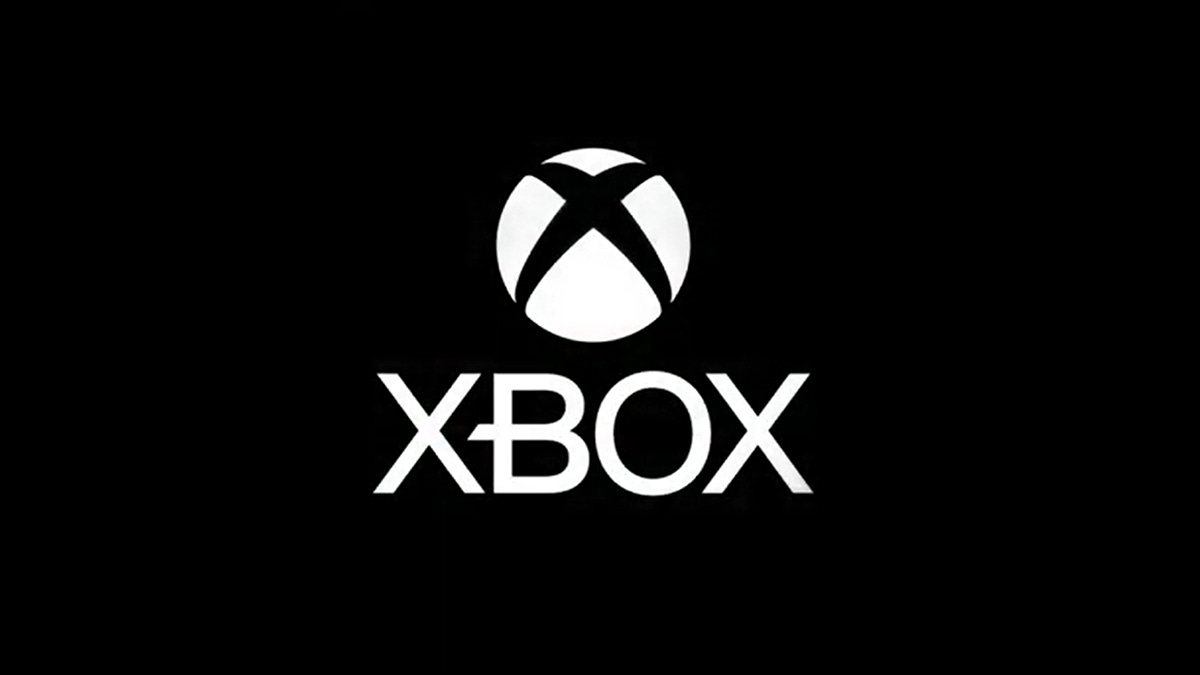Microsoft says UK regulator's concerns over Activision Blizzard deal are "misplaced"
The Xbox maker claims the Competition Markets Authority has been swayed by "self-serving statements" from Sony.

Microsoft has sought to counter arguments made by UK regulator the Competition Markets Authority (CMA) that suggest its pending acquisition of Activision Blizzard could harm rivals, and in particular leave PlayStation maker Sony at a significant disadvantage.
In a wide-ranging response, the company has described the CMA's concerns as "misplaced" and says the regulator's overarching concern that the $68.7 billion acquisition will allow it to drive competitors out of business is "unsupported" and based on "self-serving statements by Sony."
There's a lot to take in here (33 pages, in fact), but Microsoft is essentially accusing Sony of exaggerating the importance of the Call of Duty franchise to its business in its own conversations with the CMA. Microsoft also claims the regulator has neglected to account for Sony's "clear ability to competitively respond" and its position as a market leader.
For instance, Microsoft claims Sony is positioning itself as a vulnerable when "PlayStation has been the largest console platform for over 20 years, with an installed base of over 150 million consoles making it larger than Nintendo and more than double the size of Xbox."
"Sony’s installed base at the end of 2021 was 151.4 million, as compared to the Xbox installed base of 63.7 million," added Microsoft.
Microsoft also highlighted an agreement between Activision Blizzard and Sony that "includes restrictions on the ability of Activision Blizzard to place Call of Duty titles on Game Pass for a number of years" as evidence of its dominance and influence.
David versus Goliath?
Although Microsoft has pledged to continue honoring existing contractual obligations that Activision Blizzard has with other platforms, it was also candid about the fact it will eventually seek to "differentiate" Game Pass by bringing Activision Blizzard titles to the service "whilst not making the titles available in the same manner or at the same time on other subscription services."
That said, Microsoft claims it's implausible that such a strategy would result in a "substantial lessening of competition," largely because Sony has its own library of first-party content and could bolster its own services in response.
"Given that Activision Blizzard does not make its most valuable content available via multi-game subscriptions, even if such content were made available on Game Pass post-Transaction, but not on other multi-game subscriptions in the same manner or time, this would not foreclose rivals," continued Microsoft. "As set out above, the merged entity will not have market power in the upstream game publishing market and there will be a range of alternative content available to build a viable multi-game subscription service.
"This competitive dynamic benefits gamers, and is only likely to accelerate post-Transaction. For example, Sony has the ability to respond competitively to Xbox adding new content to Game Pass by including more of its exclusive content into PS+ and/or making its newer content available in PS+, which to date it has declined to do despite charging a higher monthly subscription fee than Game Pass."
The TL;DR version is that Microsoft believes Sony is currently the undisputed market leader for a number of reasons, and is throwing its toys out of the stroller because a competitor is seeking to close what's clearly a pretty seismic acquisition. Microsoft, however, contends that Sony has the ability to compete and respond if it wishes by expanding its own M&A efforts or bolstering PlayStation services.
"The suggestion that the incumbent market leader, with clear and enduring market power, could be foreclosed by the third largest provider as a result of losing access to one title is not credible. There are more than 4,000 games available on PlayStation alone," added Microsoft.
"Since the Transaction was announced, Sony has acquired several game studios – including Bungie, developer of the popular online game Destiny 2, Haven Studios, Lasengle and Savage Games – and a minority interest in FromSoftware, the developer of the biggest game of 2022, Elden Ring and other hit games. This complements Sony’s existing minority shareholding in Epic Games, publisher of Fortnite, strong first-party game catalogue and extensive portfolio of exclusive arrangements with third-party publishers. There were over 280 exclusive first- and third- party titles on PlayStation in 2021, nearly five times as many as on Xbox.
"For the reasons set out in this response, the theories of harm and evidence presented in the Referral Decision do not provide any plausible basis on which it could be found that the Transaction will give rise to a substantial lessening of competition."
You can read Microsoft's full response to the CMA right here.
About the Author(s)
You May Also Like







.jpeg?width=700&auto=webp&quality=80&disable=upscale)








